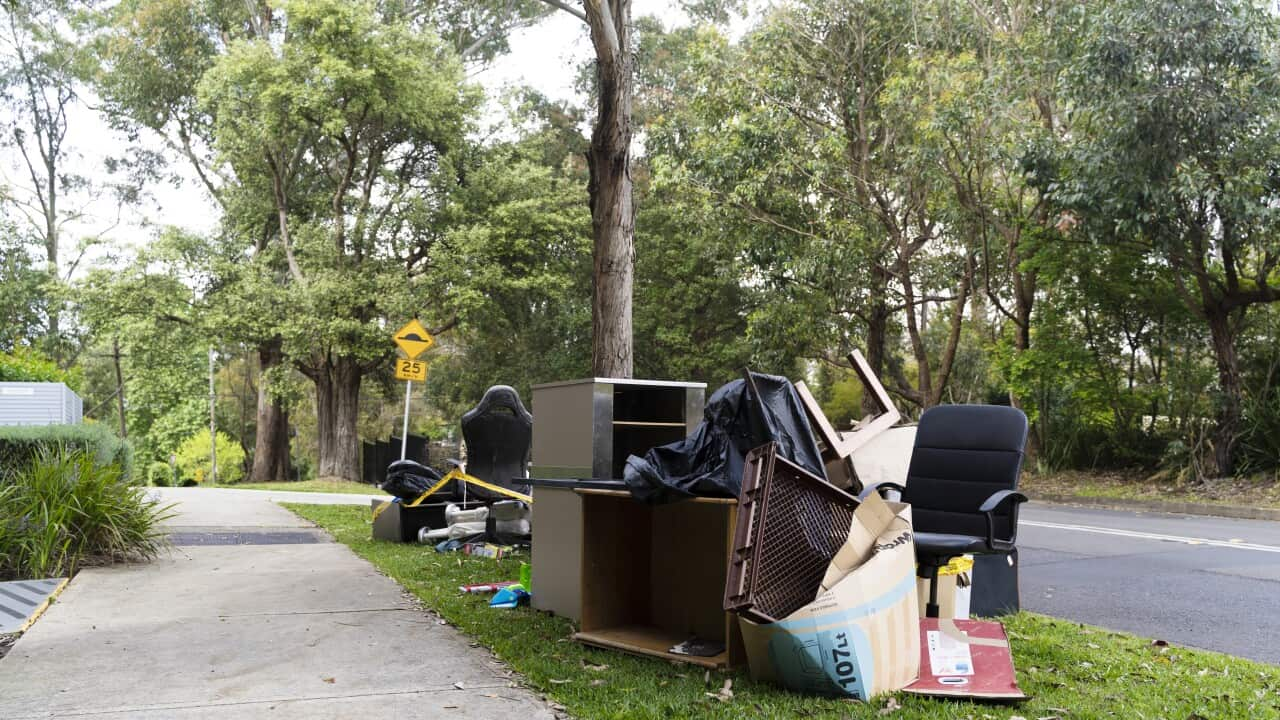Recent data suggests Australians are the world’s third-largest per capita waste producers, and most of our rubbish ends up in landfill.
This includes unwanted household items collected by local councils, as part of their hard waste collection services.
Alejandra Laclette is the Senior Recycling Campaigns Manager at Planet Ark, an Australian non-profit environmental organisation.
She says furniture is an example of why most of the items classed as hard rubbish don’t get recycled.
“That's a very good example of something that cannot be recycled. If you think about how furniture is made, from so many different materials, right, let's say, a sofa. base or the body is made of wood, and then you have all the fabric around it, all the textiles, and then you have all the stuffing, which could be a different thing. And it's just pretty much impossible to recycle it correctly or just not financially viable. So, that will end up in landfill.”
Sydney’s Blacktown City Council is one of many across Australia that operates a hard waste collection service for household items that cannot be reused or recycled. They use a booking system rather than a designated area-wide collection day.
Acceptable items for collection differ across councils.
Melbourne's Merri-bek City Councillor Mark Riley provides some examples of items as hard waste.
“The hard waste are things like household furniture, mattresses, and the basis of mattresses. , white goods, from washing machines to dishwashers, fridges, freezers, and things like that, as well as carpet and the underlay of carpet. And finally, scrap metal, timber, and sheet glass.”
Victoria is one of the jurisdictions to ban e-waste going to landfill, as it contains hazardous materials. This means that local councils in that state will not accept e-waste in their hard waste collection unless stated otherwise on their website.
Check with your local council to learn about ways to dispose of hard waste in your area. The Planet Ark website ((recyclingnearyou.com.au)) also offers valuable information.
